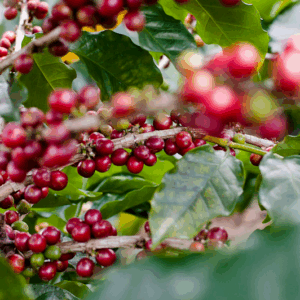President Trump rolls back tariffs on coffee and tea

Image credit: AdobeStock
On 14 November 2025, President Donald J Trump signed an Executive Order modifying the scope of the tariffs on a range of agricultural products not produced in the United States, including coffee, tea, cocoa, and spices. He first announced the tariffs on 2 April.
The White House press release stated that President Trump “has now determined that it is necessary and appropriate to further modify the scope of the reciprocal tariffs. Specifically, certain qualifying agricultural products will no longer be subject to those tariffs, such as certain food not grown in the United States.”
The administration added that the modified tariff structure took effect retroactively on 13 November, noting that President Trump has announced reciprocal trade agreements with Malaysia and Cambodia, and joint statements on frameworks for similar trade agreements with El Salvador, Argentina, Ecuador and Guatemala; Thailand and Vietnam; the United Kingdom and European Union, and Switzerland.
The National Coffee Association (NCA) issued a statement following the announcement of the Executive Order commending President Trump’s action to remove reciprocal tariffs on most coffee imports.
“NCA applauds President Trump’s action to remove reciprocal tariffs on most coffee imports, which will ease cost-of-living pressures for the two-thirds of American adults who rely on coffee each day, as well as secure coffee supplies for the US companies who turn every USD $1 in coffee imports into $43 of US economic value,” said Bill Murray, NCA president and CEO. “The President has also secured important new trade deals with Switzerland, Argentina, Ecuador, El Salvador, and Guatemala, which deliver further benefits for securing the supply of America’s favourite beverage. NCA urges all trading partners to advance similarly successful negotiations with the United States.”
The Executive Order comes as the administration awaits a decision from the Supreme Court on a challenge to the president’s authority to impose tariffs under the Emergency Economic Powers Act of 1977 (IEEPA). On 5 November, the Supreme Court heard oral argument in a case testing the limits of presidential emergency powers.
Several corporations and states filed suit in federal court arguing that longstanding trade imbalances do not constitute an emergency or an “unusual and extraordinary threat” and that IEEPA does not authorise the president to impose tariffs. The Court will now determine whether the statute gives presidents a “tariff pen” that can bypass Congress entirely. — Vanessa L Facenda






